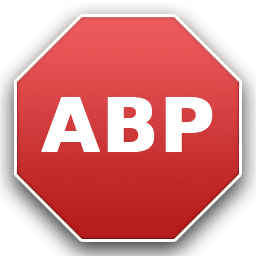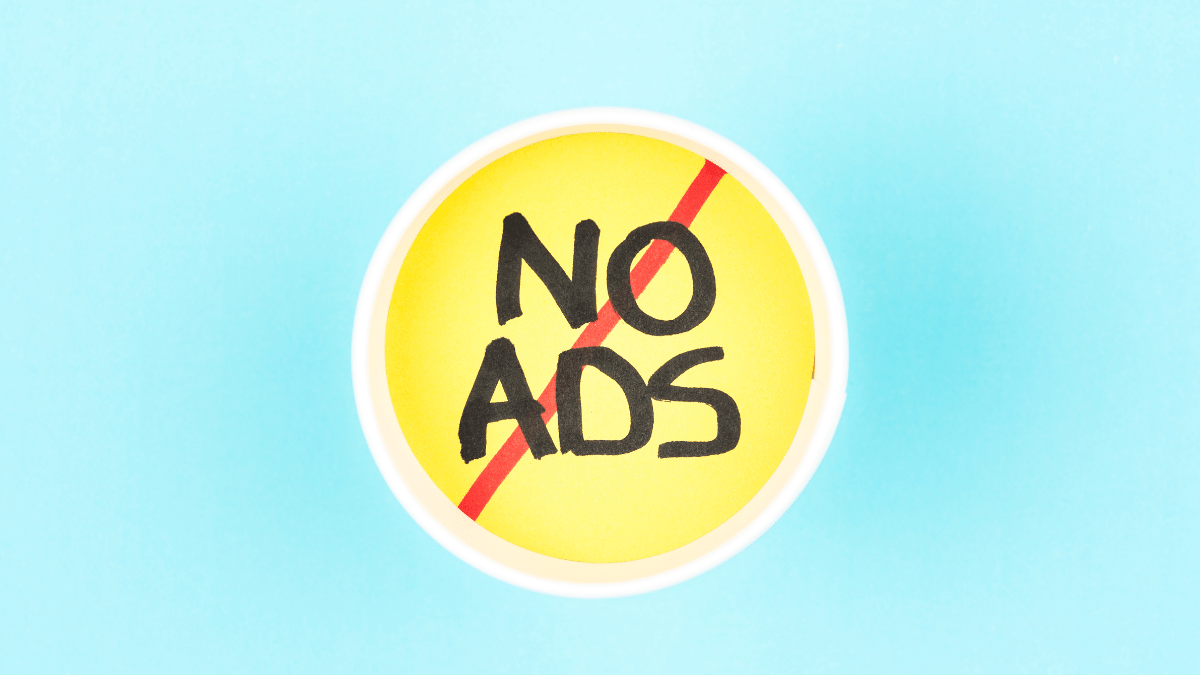The Importance of Germany’s Ad Blocking Ruling

Last week, the Hamburg District Court issued a ruling in favor of Eyeo, the company behind prominent ad blocker Adblock Plus, in their long-running battle against German publisher Axel Springer.
According to the original lawsuit, Springer claimed that Adblock Plus (along with similar extensions) modified the way that a web page is displayed. Since those pages qualify for copyright protection, the modification was essentially creating a derivative (ad-free) work and was an infringement.
The court, however, sharply disagreed. Calling the lawsuit “without merit”, the court said, “here is no unauthorized duplication and/or reworking of copyrighted computer programs,” under German copyright law.
The victory is simply the latest in a long line of victories for Eyeo in their fight against Springer.
In 2015, Springer attempted to argue that Eyeo’s service to whitelist certain ads, for a fee, but in 2015 a German court ruled it did not breach any of the country’s laws and, in 2018, the Supreme Court upheld that decision (overturning a partial victory at an appeals court along the way).
In the most recent case, Springer has already vowed to appeal the ruling, which seems likely.
Nonetheless, it is one of the first major court ruling that looks at the copyright implications of ad blocking, and it was an unabashed victory for ad blockers. As such, it’s worth taking a moment to look at this issue and understand where it fits in the historical context.
Ad Blocking as Piracy and Copyright Infringement
This idea that modifying a web page to hide ads is a copyright infringement is nothing new. Back in 2010, we examined this exact idea in the light of the rise of ad blocking tools, including Adblock Plus.
However, even then, there was a major problem: A ruling that it’s true would not just impact ad blocking tools, but a slate of other tools that modify web pages for users.
For example, tools that make web pages easier to read, accessible to people with disabilities, enable dark mode or simply change fonts to a user’s preferred choice could be impacted.
Any plugin that did not allow a web page to be displayed exactly as intended could be, at least theoretically, an infringement.
This could even impact certain browsers, such as Apple’s Safari, which has a reader mode built into it.
To back this argument up, Springer attempted to liken ad blocking to cheating in video games. Many video game cheating tools modify game code to give players an unfair advantage. Game developers have repeatedly used this modification successfully as grounds for copyright infringement claims.
However, Springer didn’t argue that that Adblock Plus directly modified or altered any copyright-protected works. Instead, they argued that it interferes with how it is displayed, something that the German court ruled did not sustain a copyright claim.
Though it’s likely that Springer will appeal the ruling, given the strength of this ruling, an appeal seems to be something of a long shot.
From Law to Tech
As we noted above, this isn’t the first time Springer has gone to war with Eyeo nor the first legal theory to target them or ad blocking more broadly.
Publishers have become very eager to try and find ways to stop or at least slow down ad blocking. In the UK alone, publishers were estimated to have lost £50 million ($67.5 million) in just three months due to it.
However, these legal theories have struggled. Users are running ad blocking applications on their devices. Though publishers wish that users would always display a web page exactly as intended, once the code leaves their server it is ultimately up to the user, their browser and their device how it is displayed.
Any rules that would limit how users display would also likely apply to much more benign tools. Courts are, in general, reluctant to hand down sweeping decisions to resolve a niche problem.
Because of these issues, publishers other than Springer have largely abandoned efforts to address ad blocking through the courts. Instead, they’ve turned to technological solutions to try and stop the issue, most notably anti-ad blocking software that either restricts content or annoys ad blocking users with popups.
However, those can create their own problems, including impacting users that don’t block ads. For example, certain security applications or filters can trigger them as well.
Still, without new legislation, the war between publishers and ad blockers is likely to remain mostly a war of technology, not a legal war.
Bottom Line
The Internet has long been a place where publishers control what is on their server, but users control how that is displayed on their devices. As long as that dynamic remains, users will modify web pages, often in unpredictable ways.
Apps give publishers a new level of control but still not complete control over how content is displayed. Still, it is unlikely that the web will be fully replaced by apps, especially as a means for people to find content. As such, it will remain an important part of publishers’ strategy for a long time to come.
However, that doesn’t mean that the war over ad blocking will stop. Springer will continue to fight its legal fight while other publishers will focus more on technology.
In the end, this isn’t likely the next major copyright battleground. In truth, copyright is an ill fit for this particular discussion.
But, as the Springer case shows, that doesn’t mean some won’t try.
Want to Reuse or Republish this Content?
If you want to feature this article in your site, classroom or elsewhere, just let us know! We usually grant permission within 24 hours.
